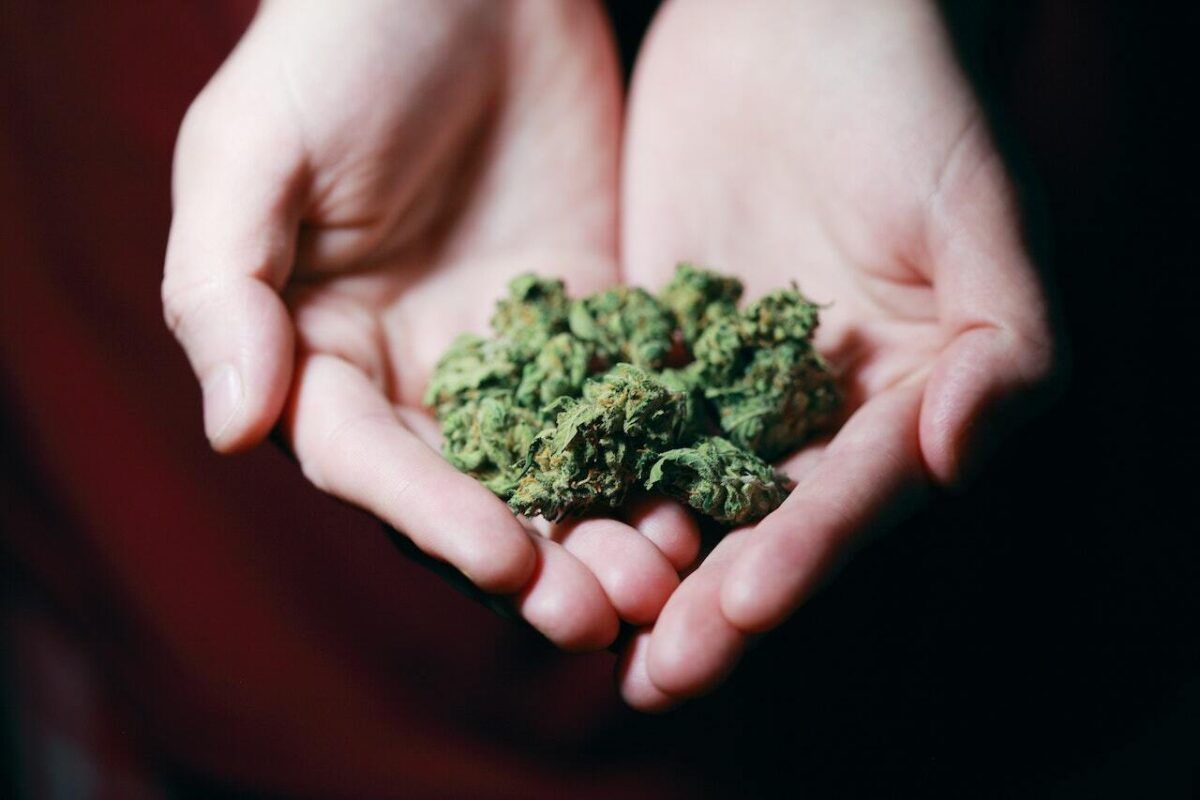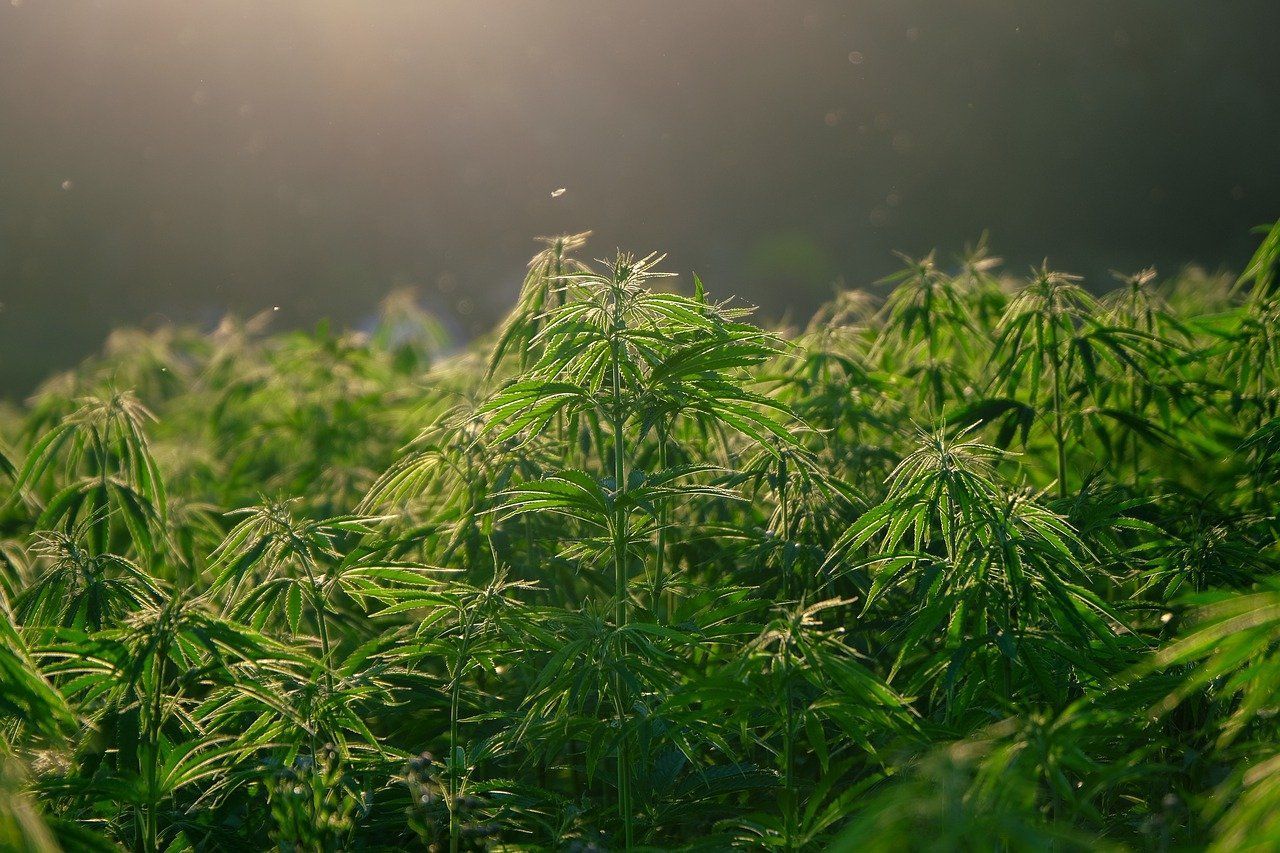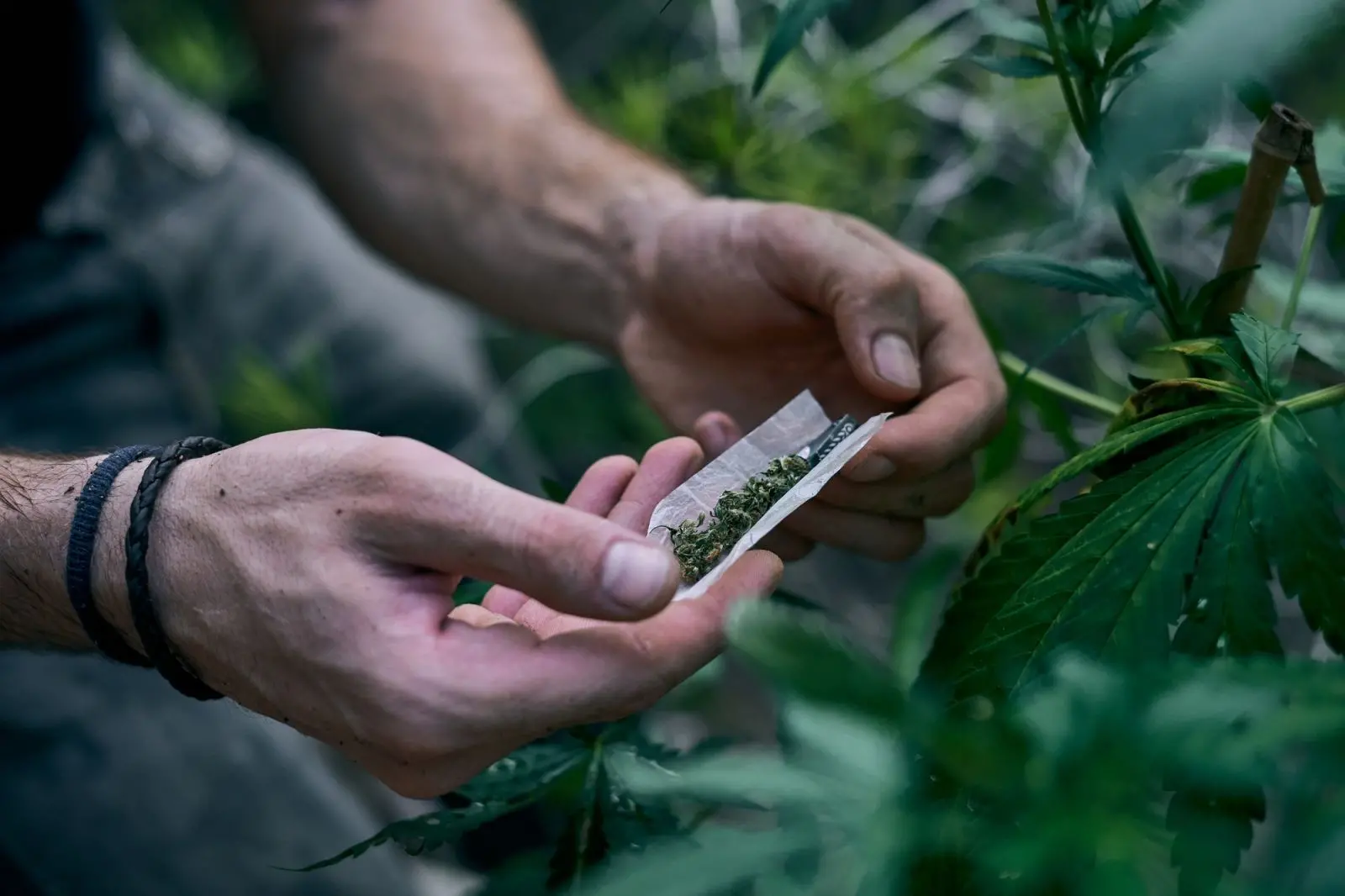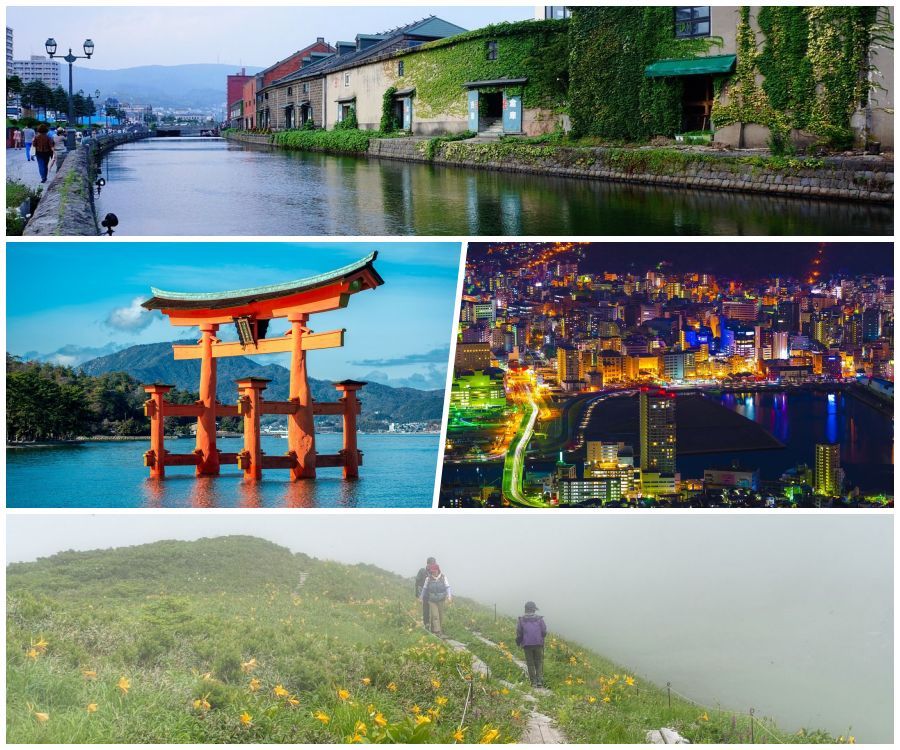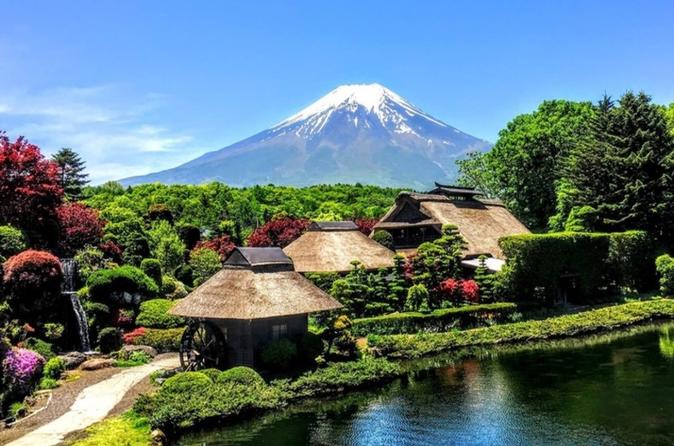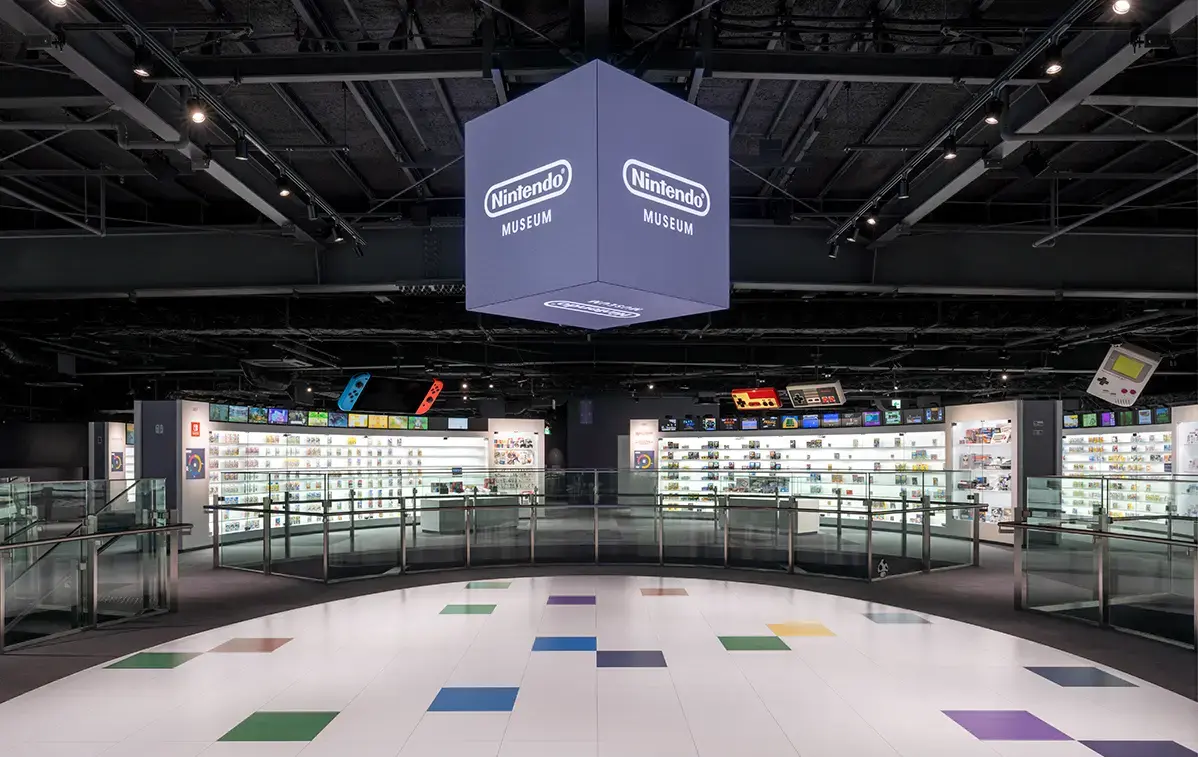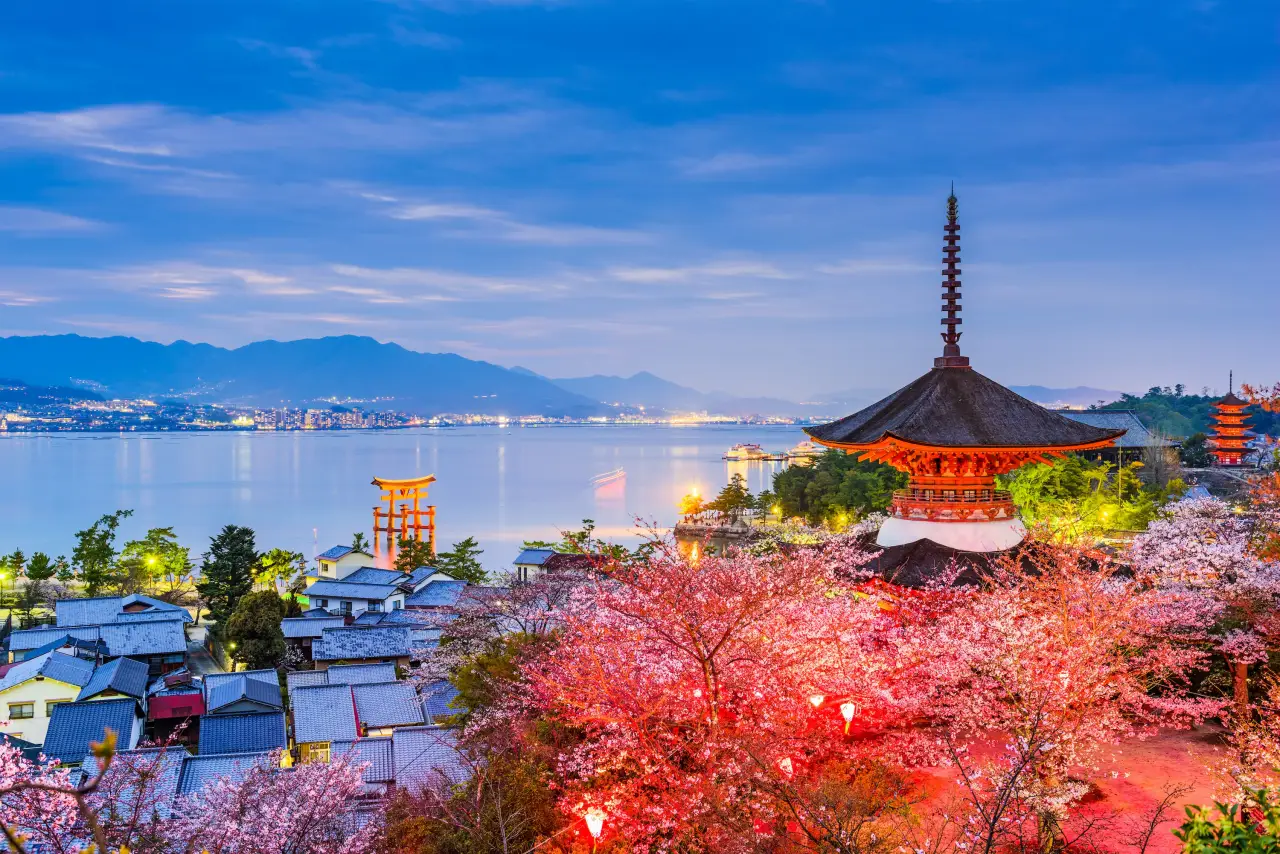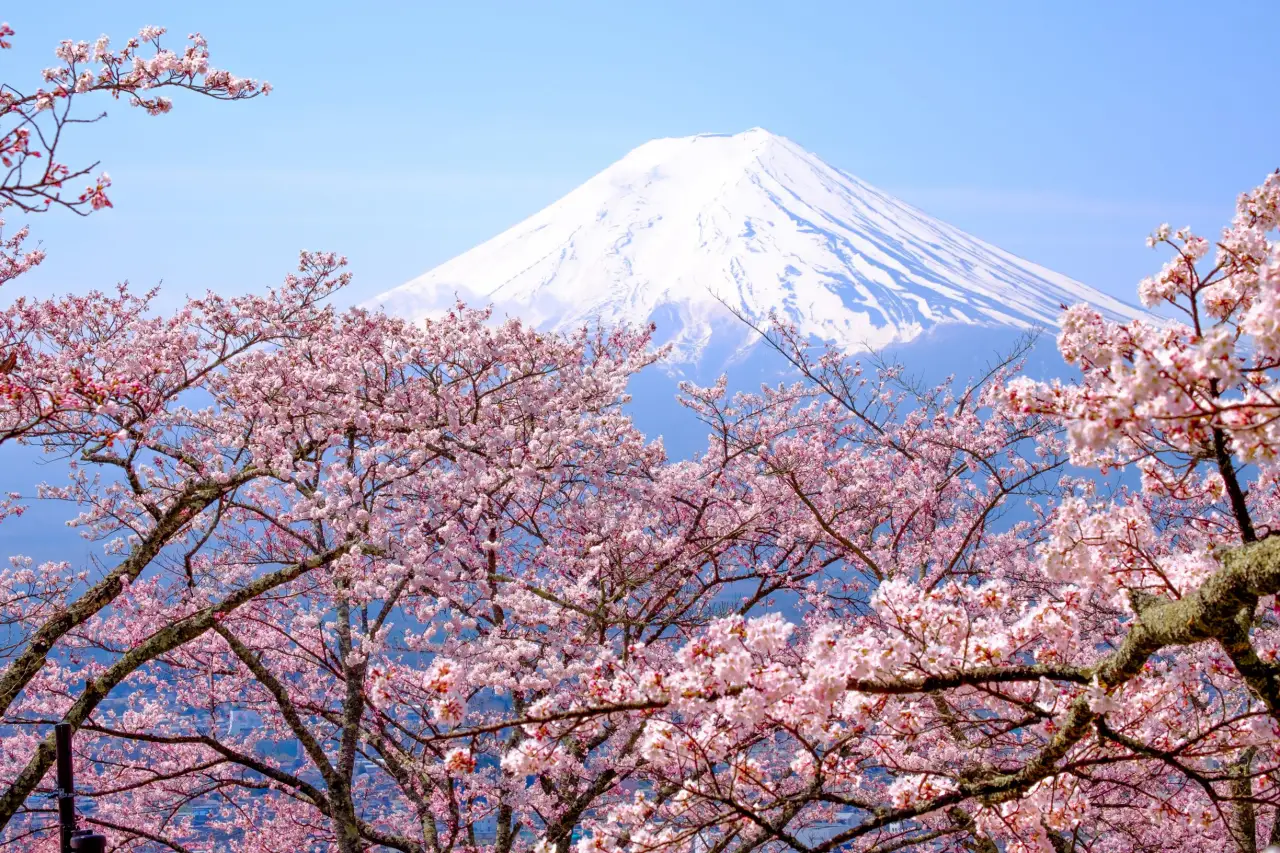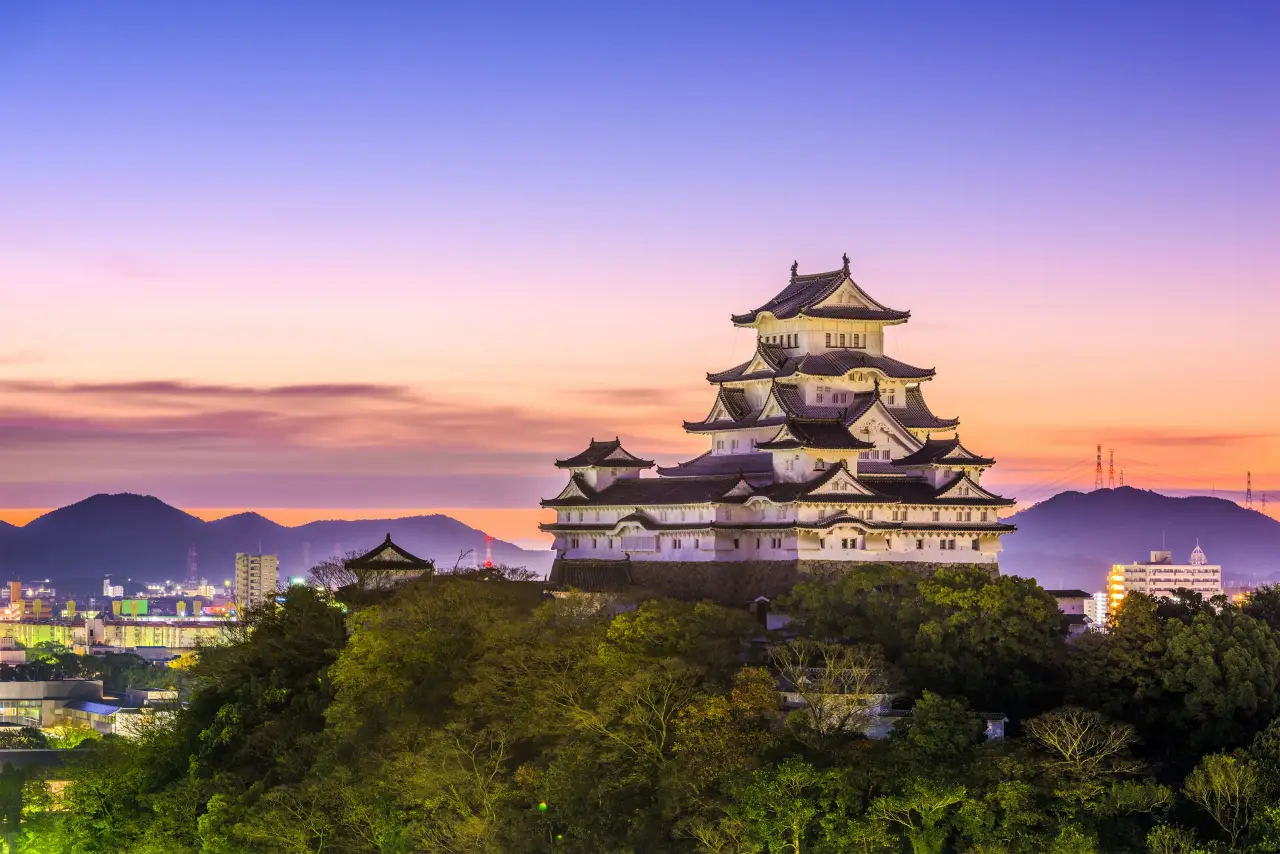Japan, a country long known for its stringent drug laws, is entering a new era with the recent passage of a bill by its lawmakers. This landmark legislation, while maintaining a hard stance on recreational marijuana use, has opened the door to the legal use of cannabis-derived medicines. This represents a significant shift in Japan’s approach to cannabis and is a response to the growing global recognition of the medicinal benefits of certain cannabis compounds.
The bill, expected to come into force within a year of its promulgation, classifies cannabis and tetrahydrocannabinol (THC), a psychoactive chemical found in cannabis, as regulated narcotics. Under the amended laws, the use of cannabis as a drug will invite severe penalties, including potential seven-year prison sentences for violators. This move further tightens Japan’s already strict cannabis policy and aims to address a recent rise in cannabis-related arrests, particularly among the youth.
Previously, while possessing cannabis was illegal and punishable by jail terms, inhaling it was not technically prohibited. This loophole, initially designed to protect farmers from accidental inhalation of psychoactive smoke while growing hemp, is now closed with the new legislation. Health ministry statistics indicate a significant increase in cannabis-related arrests, with a record number of 5,783 in 2021, prompting this legal revision.
The bill also brings changes to the cultivation of cannabis. It establishes two types of cultivation licenses: one for medicinal purposes and another for non-medicinal uses, like hemp products. These cultivation regulations are set to go into effect two years after the announcement.
Recreational cannabis will capture 67% of legal sales globally in 2025, according to a study. The legalization of cannabis-based medicines is a notable win for patient groups who have long advocated for access to treatments involving cannabidiol (CBD), an active ingredient in cannabis. CBD is already used in various parts of the world to treat conditions such as severe epilepsy. Japan’s CBD market has seen significant growth in recent years, expanding from $3 million in 2015 to an estimated $59 million in 2019.
The new rule against consumption, however, will leave CBD products unregulated, targeting only THC, the substance responsible for the psychoactive effects of cannabis. This is in line with global trends, where CBD is increasingly recognized for its therapeutic potential without the intoxicating effects of THC.
Japan’s strict stance on cannabis is rooted in its post-war history. The Cannabis Control Act, introduced in 1948 during the U.S. occupation, reflects the country’s traditionally harsh approach to illegal drugs, encapsulated in the mantra “dame zettai” (absolutely not). The societal stigma against marijuana in Japan is evident, with only 1.4% of the population admitting to trying it, a stark contrast to higher percentages in countries like France and the United States.
The tightening of Japan’s cannabis laws has had international implications as well. Notable figures, including Beatle Paul McCartney, have previously faced legal challenges in Japan due to the country’s anti-cannabis laws.
As Japan embarks on this new path, balancing the therapeutic potential of cannabis-derived medicines with its strict anti-drug policies, it joins a growing list of countries reevaluating their approach to cannabis. This move reflects a global shift in recognizing the medical benefits of cannabis while maintaining strict controls against its recreational use.

